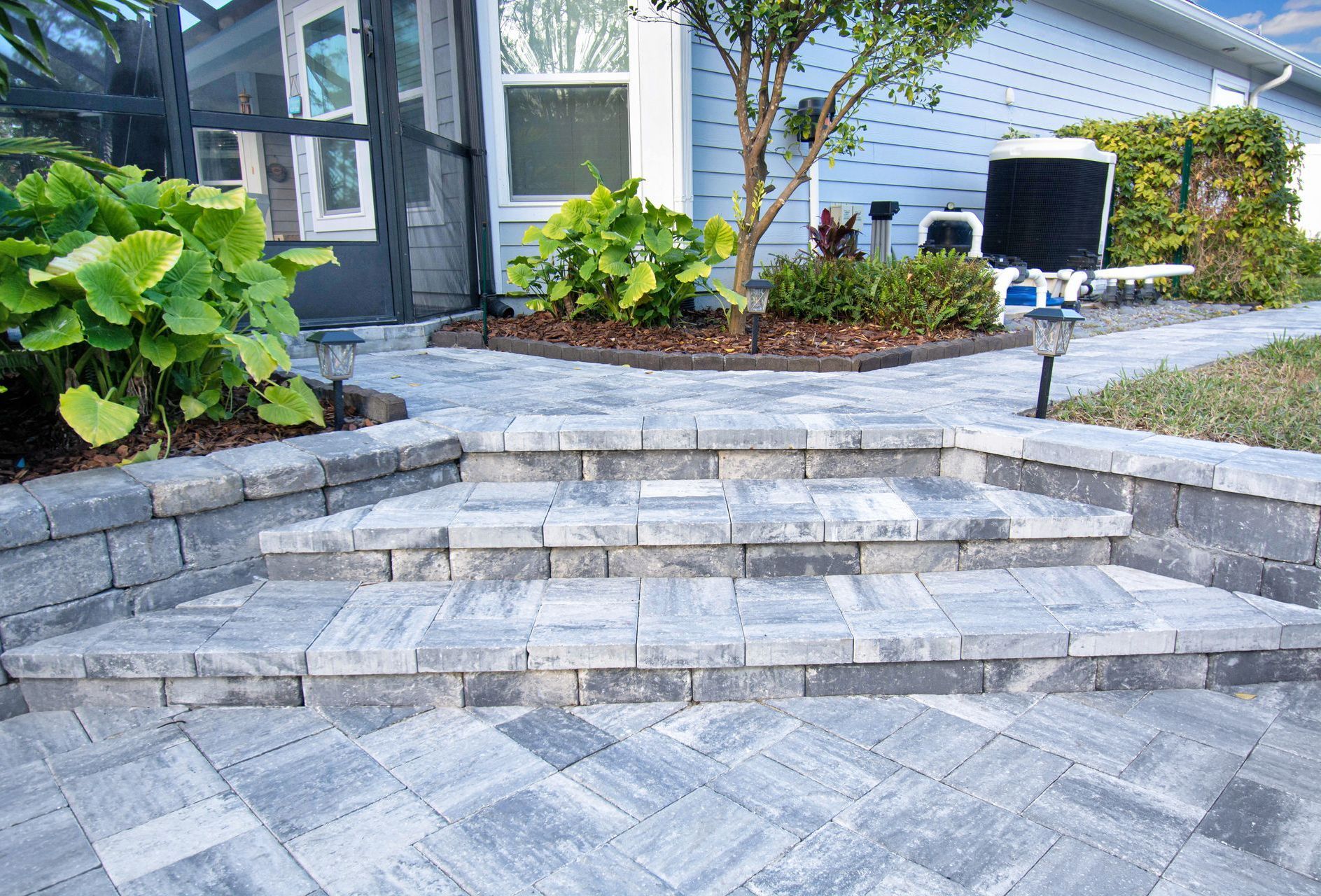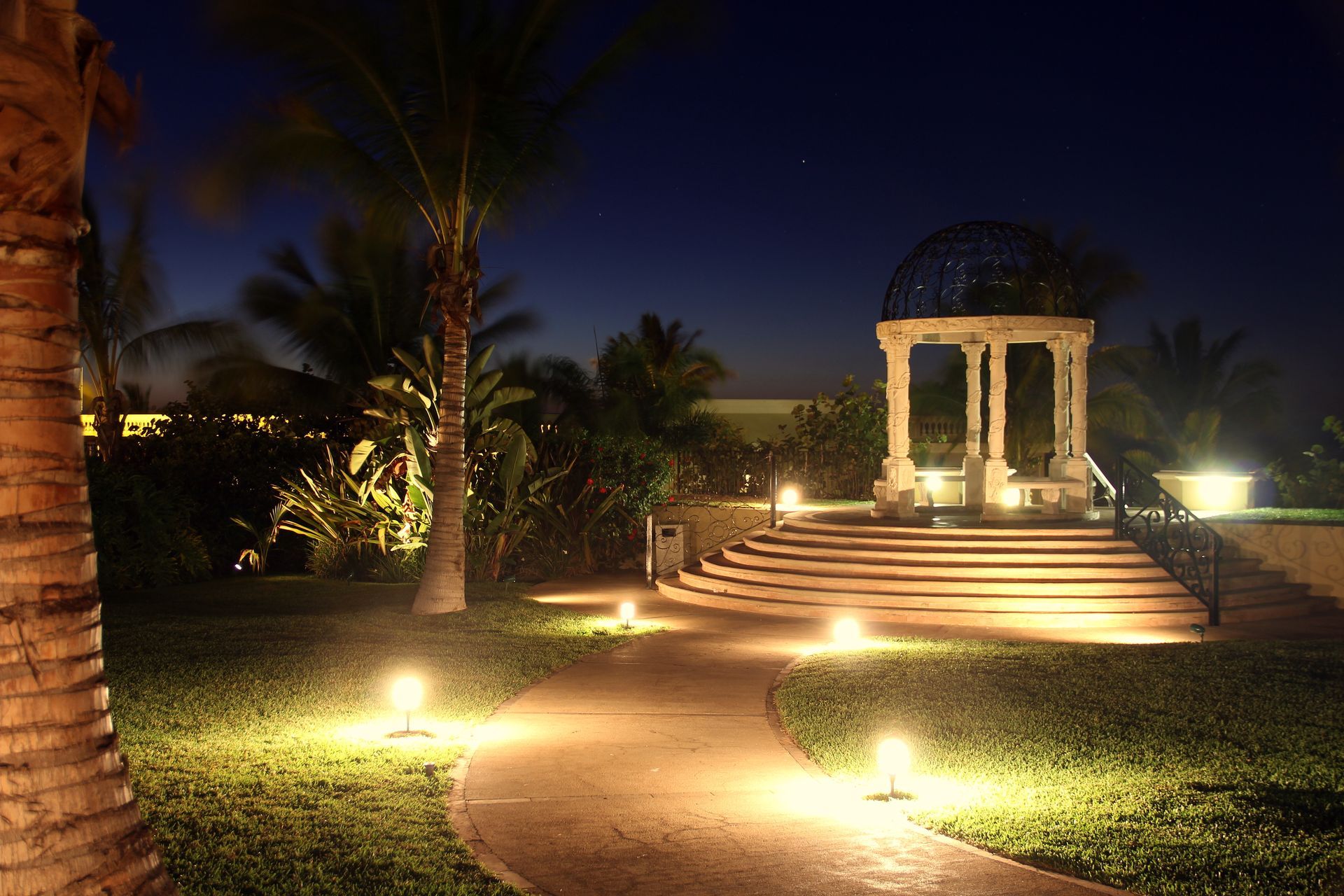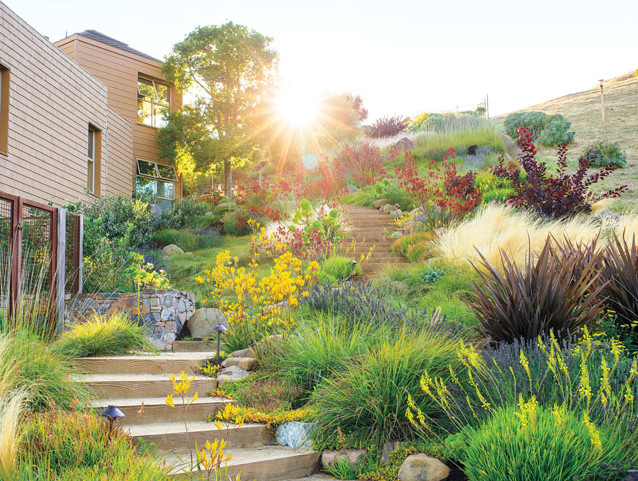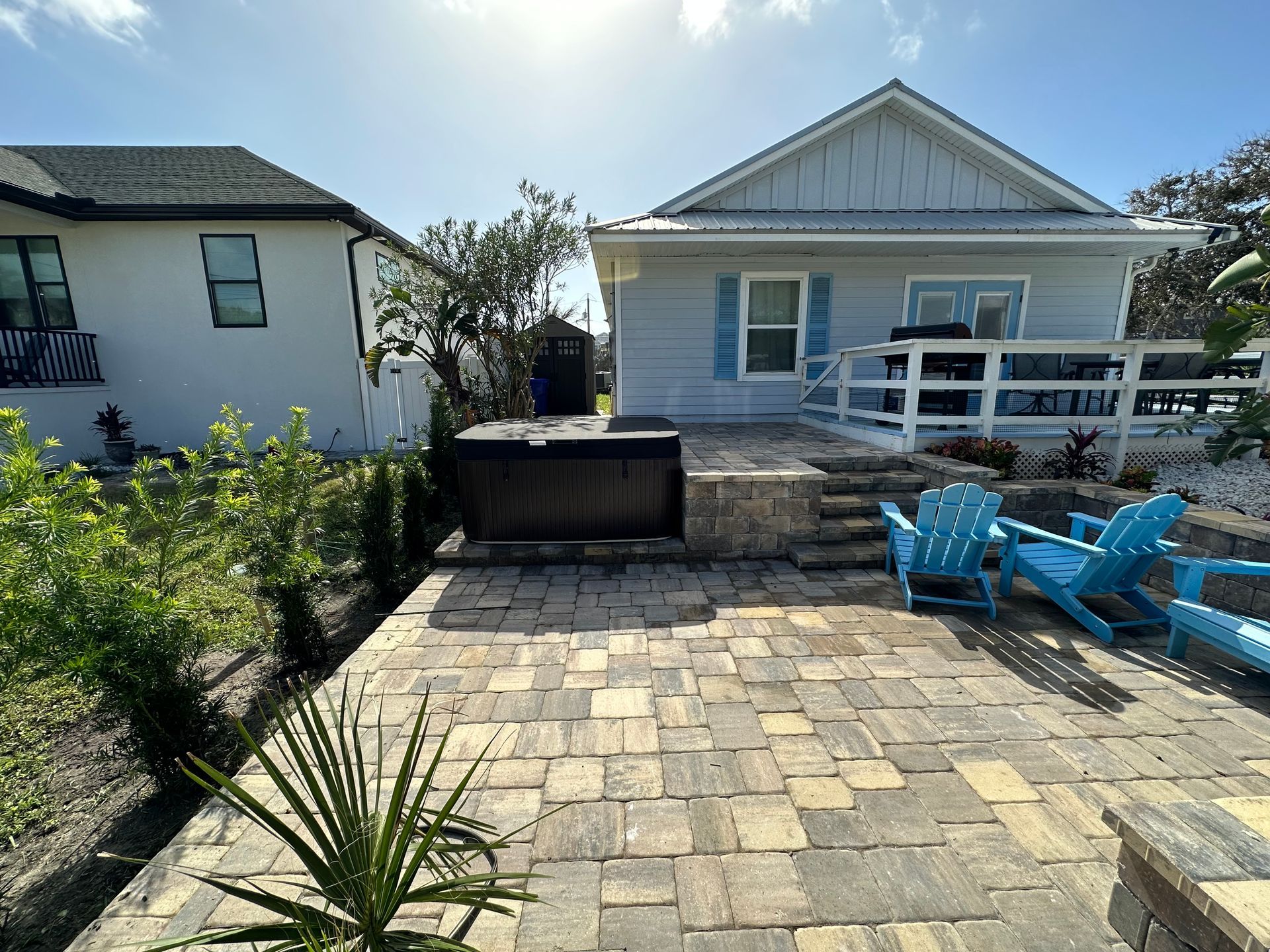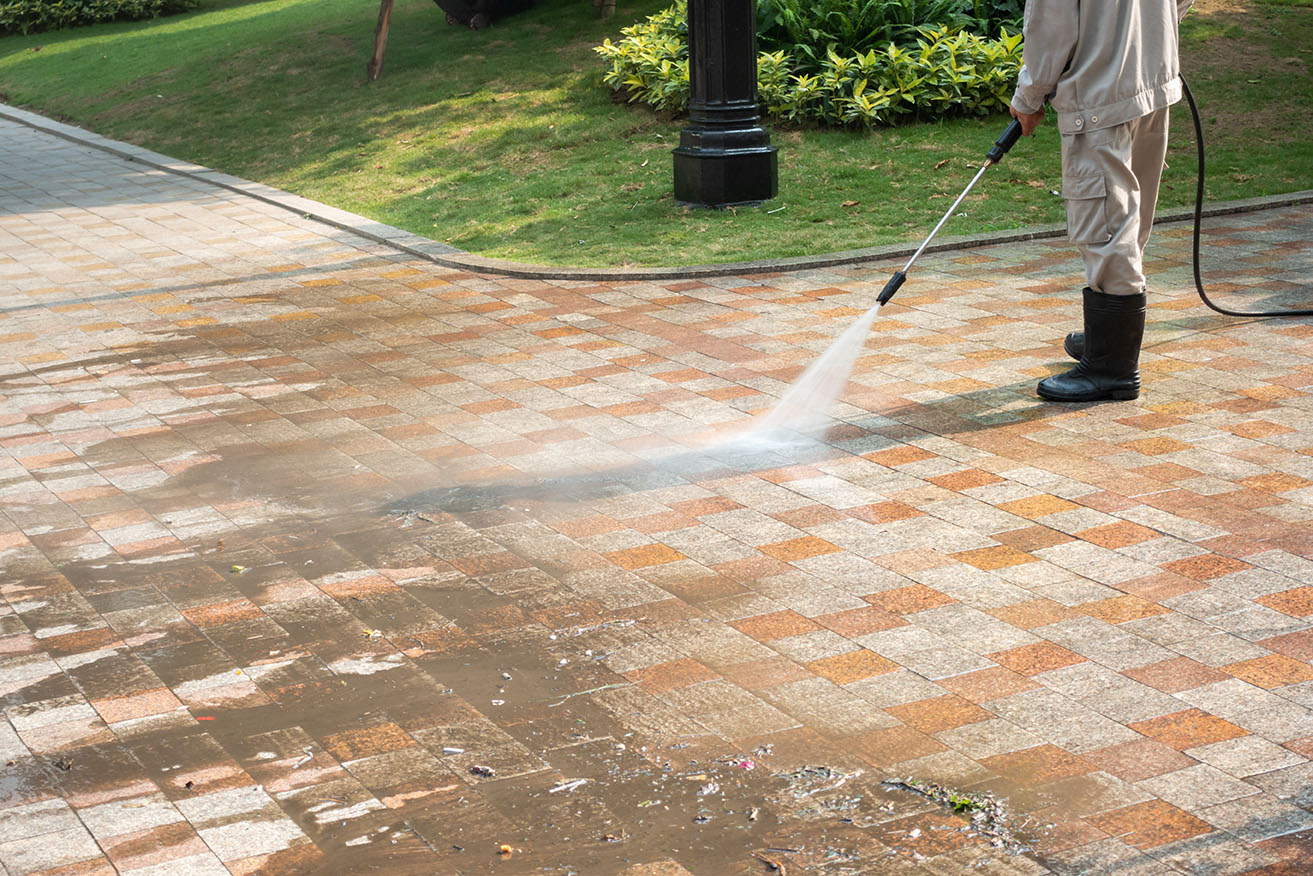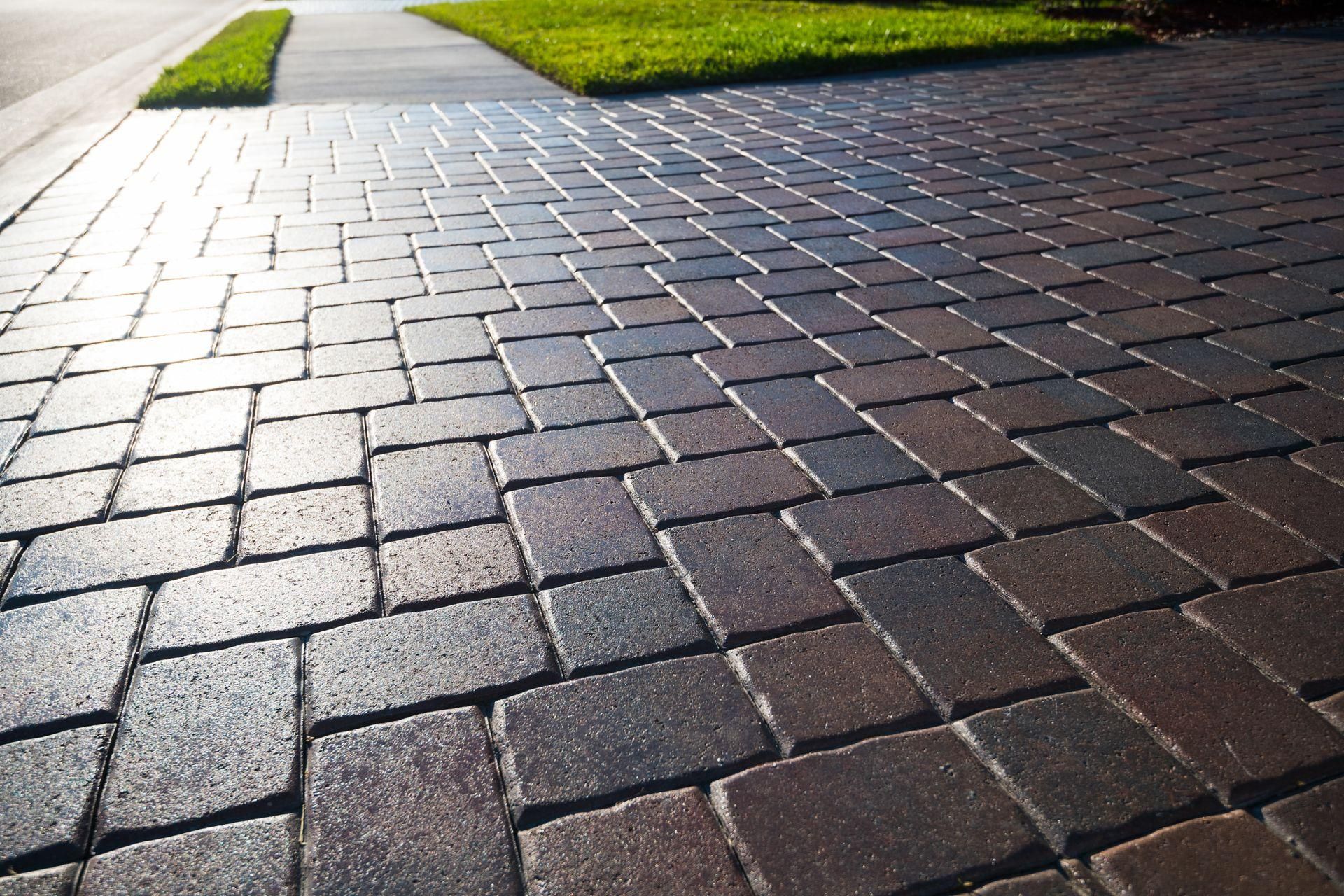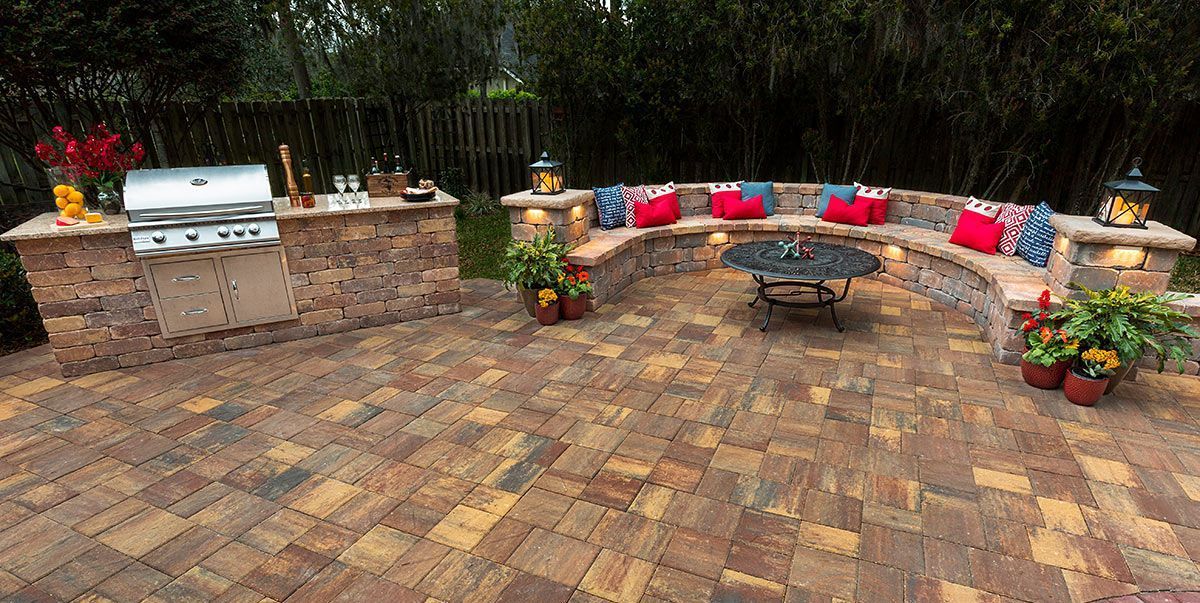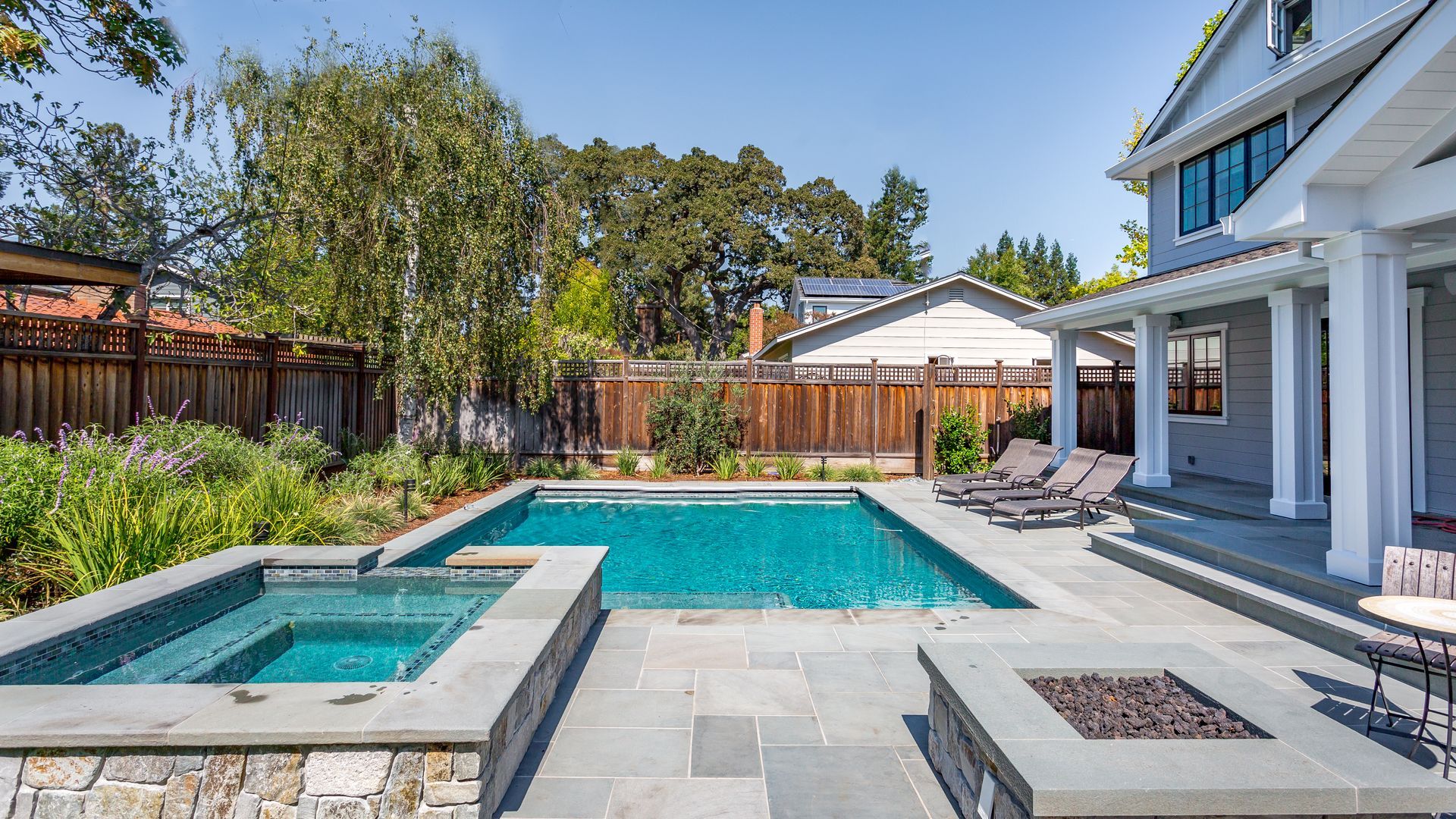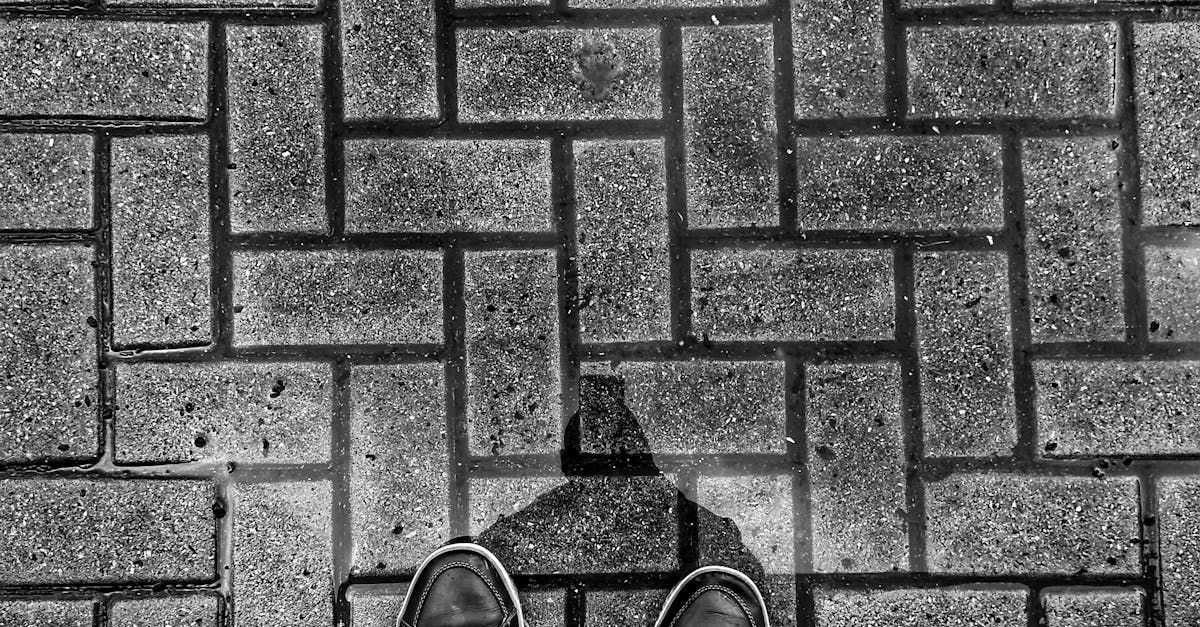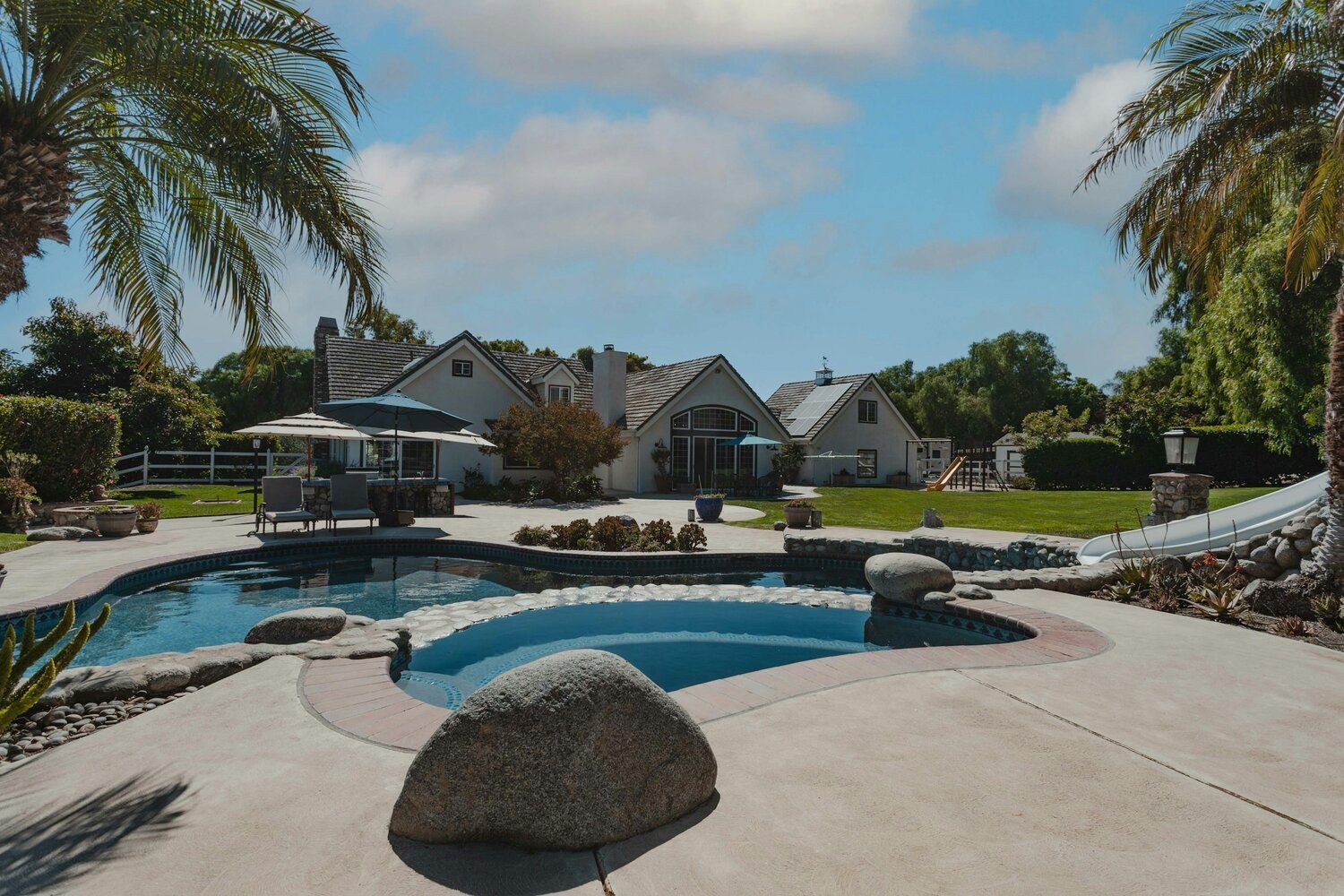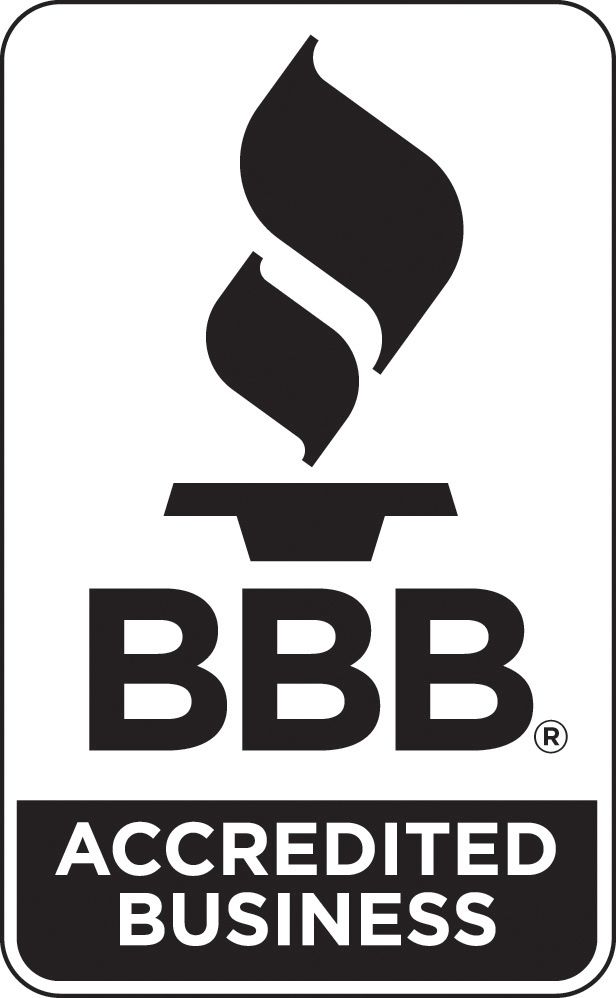Outdoor Lighting in St. Augustine, FL: Light Pollution Risks & Best Eco-Friendly Options
Outdoor lights help you see better and feel safer at night. But if you use too much light or point it the wrong way, it can cause problems. This is called light pollution. It makes it hard to see stars, can harm wildlife, and waste energy.
In places like St. Augustine, FL, light pollution can even affect sea turtles and other local animals. This blog will show you what light pollution is, how to avoid it, and the best outdoor lighting choices for your home.
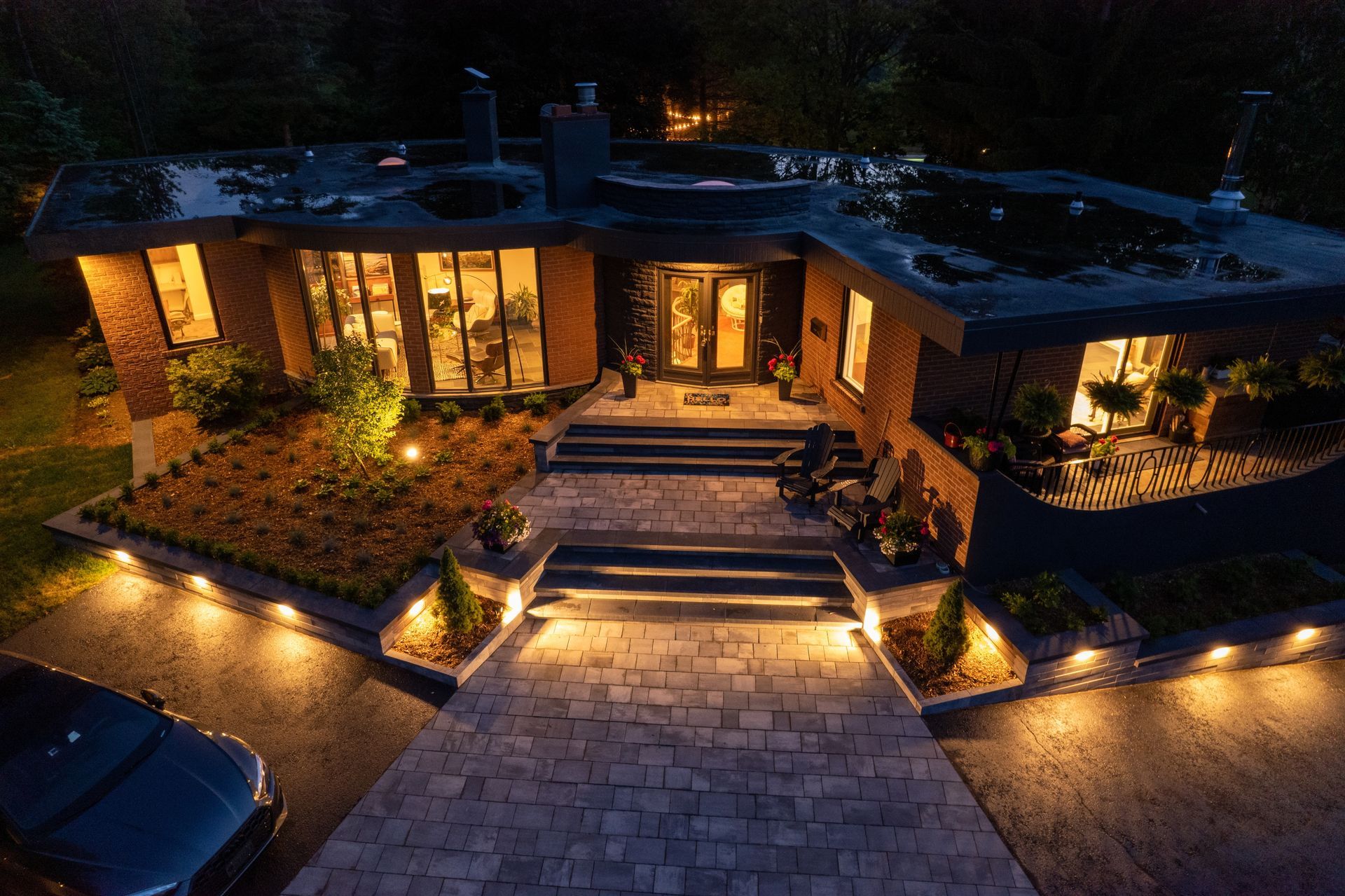
What Is Light Pollution?
Light pollution happens when there’s too much outdoor light or it shines in the wrong direction. This makes the night sky too bright.
There are a few kinds:
- Skyglow: A glow in the sky that hides stars
- Glare: Bright light that hurts your eyes
- Light trespass: Light shining where it’s not wanted, like into a bedroom window
- Clutter: Too many lights close together that make it hard to see clearly
It’s not just an eyesore—light pollution also messes with your body’s internal clock.
Why Is Light Pollution a Problem in St. Augustine, FL?
Too much light at night can:
- Make it hard to sleep
- Confuse birds, bugs, and sea turtles that travel at night
- Waste electricity and raise your bills
- Make you feel stressed or give you headaches
St. Augustine is home to many protected species. Even simple porch lights can throw off nesting turtles.
Smart lighting helps keep them safe.
Common Lighting Mistakes to Avoid
Here are things people often do by accident that cause light pollution:
- Picking lights that are too bright
- Aiming lights sideways or up instead of down
- Not using covers or shields
- Leaving lights on all night long
- Using white or blue-toned bulbs that are too harsh
Installing “full cutoff” fixtures helps avoid most of these problems.
These are easy to fix once you know what to look for.
Why Eco-Friendly Outdoor Lighting Is a Good Idea
Eco-friendly lights help the planet and your pocket.
They:
- Use less electricity, which saves money
- Keep bugs and animals from getting confused
- Help you and your neighbors sleep better
- Last longer than regular lights
They also lower your carbon footprint and reduce neighborhood glare.
The best part? You still get the safety and style you want.
Best Eco-Friendly Outdoor Lights to Try in St. Augustine
Want to transform your outdoor living space with custom designs? Start by picking lights that look good and protect the night sky.
Here are some great options:
- Warm LED lights (under 3000K): Soft and gentle on your eyes
- Shielded lights: These shine light down, not everywhere
- Motion sensor lights: They turn on only when needed
- Solar-powered lights: Great for paths and gardens
- Smart lights: You can set them on timers or use your phone to control them
- These lights work well in beach areas and help protect the local environment.
Outdoor Transformations is a Veteran-Owned, Locally Trusted Paver Installation and lighting expert serving St. Augustine.
How to Install Outdoor Lighting the Right Way
Follow these tips for smart lighting:
- Only light up the spots you need
- Aim the lights toward the ground
- Add timers or motion sensors
- Choose soft, warm lights
- Use covers to stop light from shining in the wrong places
Don't forget to check local codes—some neighborhoods in St. Augustine have rules about outdoor lighting.
A little planning goes a long way.
What Are Dark Sky Communities?
Some towns try to keep their skies dark so people can still see stars. These are called Dark Sky Communities.
Even if you don’t live in one, you can:
- Use better lights at your house
- Turn off the lights when you don’t need them
- Talk to neighbors about making lighting smarter
- Support groups that protect the night sky
Florida even has a few certified areas working toward this goal.
Every small change helps.
How Outdoor Lights Affect Wildlife
Animals need dark nights to sleep, hunt, and travel. When it’s too bright, they get confused.
Birds can fly off course, bugs can’t find their way, and turtles might crawl away from the ocean instead of toward it. Even pets like dogs and cats can be affected by too much nighttime lighting.
The right lights can protect them.
Frequently Asked Questions
What kind of lights help reduce light pollution?
Warm LED lights with shields work best. They shine where you need them and nowhere else.
Can I use outdoor lights and still be eco-friendly?
Yes! Just pick the right lights and don’t leave them on all night.
Do solar lights really work for safety?
Yes. Many solar lights are bright enough for walkways and don’t use any power from your house.
What does “Dark Sky Approved” mean?
It means the light is designed to reduce skyglow and glare.
How do I know if my lights are too bright?
If they shine past your yard or bother others, they may be too bright. Try using a lower brightness or a cover.
Can outdoor lights really hurt animals?
Yes. Lights can confuse or harm wildlife. Using better lights helps protect them.
Light the Right Way with Outdoor Transformations
You don’t have to give up outdoor lights to protect the night sky. Choosing smart lights and using them the right way keeps your yard safe while helping nature, too.
If you live in or near St. Augustine,
Outdoor Transformations can help you design eco-friendly outdoor lighting that works for your home and the environment.
Contact Us to learn more.
